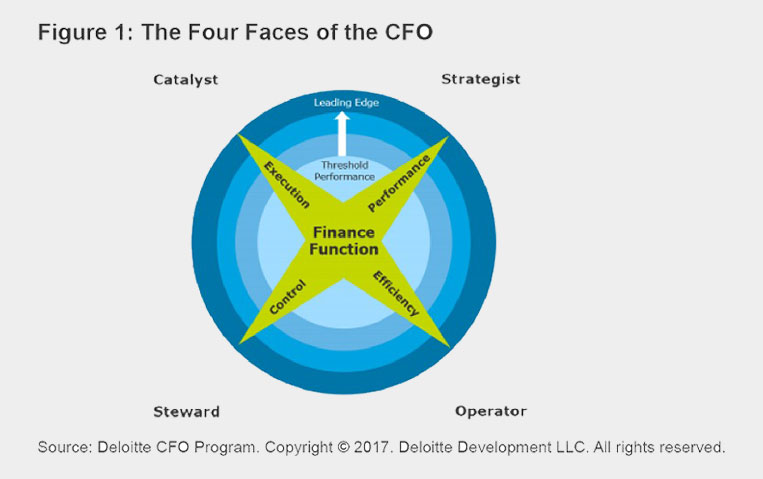Renewal is an everlasting process in the great balance of nature. The seasons change and the wilds of floral come alive with each new spring that breathes new life into our environment. Just as with nature, so too with finance. The cycle of replenishing is key to the success of any longstanding business. Generations of people working together with a common interlocking goal is, in many ways, pivotal to creating value, robustness, and a meaningful legacy.

From one Deloitte survey from 2016, it found that many of those who attended the US National Family Office Forum felt that ‘educating the next generation’ was at a higher concern for attendees, rating at 51%, rather than ‘managing existing enterprises’ which only cited a response of 18%.
Worrying about the future is sometimes more than simply growing a business. It is often the case of nurturing, mentoring, and cultivating the right talent to take the reins for when the time is right. Learning and developing key skills in a given area and how to best tackle the challenges of an intricately formed company, which may span several countries and sectors, is a task that requires the expertise and know-how of people in several broad disciplines.
Despite the concern, there are many successful examples of family-run companies that have excelled at raising up family talent; Walmart, Cargill, Bechtel, and Ford are just a handful of household names. So, how did they achieve this feat?

While CEOs are often charismatic, CFOs have solid quantitative skills that help a firm to develop internally by cutting costs, growing revenue, and ensuring financial stability. That said, the key to developing the next generation of CFO talent is not as tricky as it sounds.
One well-known framework developed by Deloitte is the Four Faces of the CFO, which attempts to empower key influencers within a business to move effectively between varying roles. The main areas are the Steward, Operator, Strategist, and Catalyst. For each function of the CFO their objectives change, but by having these areas of focus it allows mentors to access how well-equipped their mentees are. The main aspects of the Four Faces are as follows:

Steward
The primary function of a steward is to protect and maintain the assets of a company. Ensuring accounts are kept to high standards means that the firm is avoiding unnecessary risks.
Operator
CFOs need to consider how to add value to revenue owners, increase the company’s capabilities, reduce costs, and function within the company’s business model. The Operator needs to consider operational efficiency so that the savings can drive future growth.
Strategist
Providing sound leadership to steer the direction of the company. Developing critical thinking and monitoring events related to the business will help to overcome risk.
Catalyst
Being an agent of change. Business alignments vary all the time and this can sometimes lead to conflict within management through competing initiatives. Gaining strong communication skills to implement change are skills that every budding CFO will need.
The work of ONE Family Office takes on the role of a trusted confidant, who is able to see the wood for the tress. Being able to consider the situation of each family and then ensure they are guided responsibly and impartial is a core principal.
ONE Family’s ability to help steer the next generation to keep an even keel for the long-term helps to develop a robust family business, for today and tomorrow.
For more information on how we can help your business, or to set up a meeting, contact us today.
